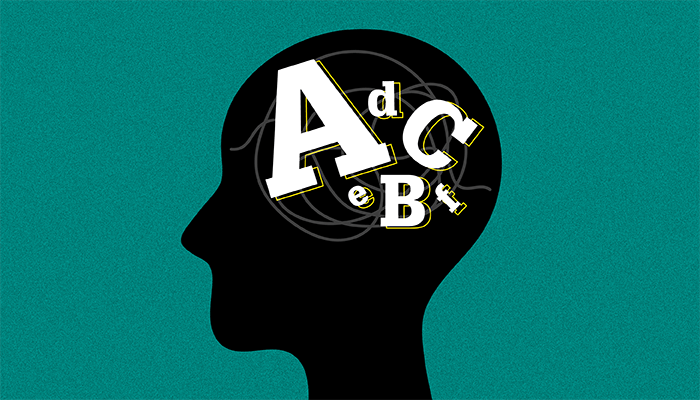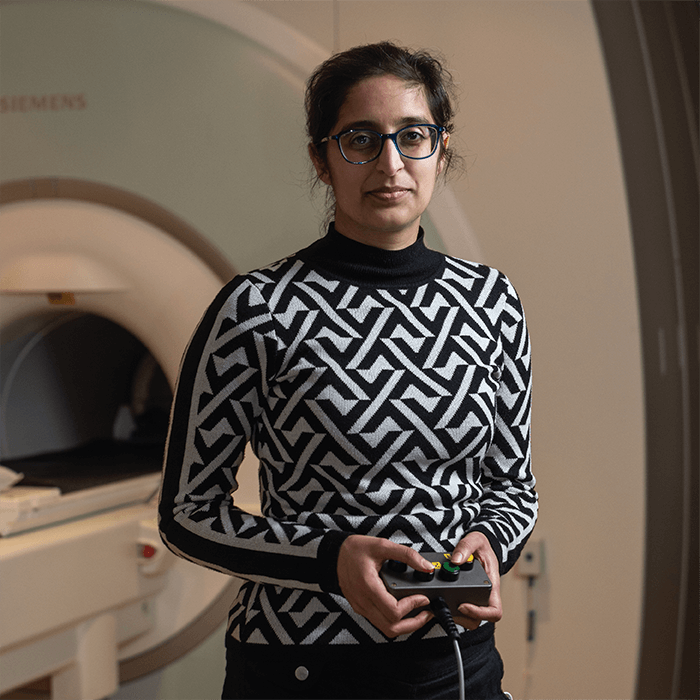
For patients, receiving a diagnosis of vision loss can be a crushing moment. But, according to new research, the psychological impact on and ability of patients to cope long term can be heavily affected by the manner in which the news is delivered (1). The qualitative study focused on patients across the spectrum of age with a variety of ocular conditions, each being interviewed by researchers from Oxford University on their diagnoses. The work highlighted four themes: the convoluted process of being diagnosed, the impact of clinicians’ words, the search for information, and patient reflections on what could be improved.
 Headshot credit: John Cairns/UODO
Headshot credit: John Cairns/UODO
Jasleen Jolly, Associate professor at The Vision and Eye Research Institute, Anglia Ruskin University and lead researcher of the study, digs deeper into the issue of balancing eye and psychological health.
What’s the essence of this research?
Receiving a vision loss diagnosis is traumatic, yet no psychological support currently exists to support patients through that massive life change. The language used in that first diagnostic conversation has long-term ramifications for how patients adapt to their new circumstances. We can do better.
What prompted you to undertake this research?
During clinical consultations and gene therapy trial visits, I realized that many patients have been traumatized by their vision loss diagnosis. They have plenty to say about how it made them feel at the time, and how that initial diagnosis still makes them feel – even decades later. There is currently no psychological service designed to support patients with vision loss. This is the first paper of several to come out of our work in understanding the impact of vision loss and the difference we, as healthcare professionals, can make for them in that journey.
Why should ophthalmologists know about your research?
Ophthalmologists need to know that their words have tremendous power, and can really shape how patients see themselves and interact with their friends and family in the long term. Even a little bit of empathy and careful attention to language used, prior to diagnosis and beyond, can have a profound impact on patients’ psychological outcomes as they come to terms with and live with their conditions. This was a qualitative study in which we interviewed several patients and analyzed what they said, especially about the language that was used to deliver their diagnosis. We are developing better language for ophthalmologists to use in that crucial moment of diagnosis as well as throughout their patients’ vision loss journeys.
How should clinicians alter the process of giving vision loss diagnoses?
One thing we found that can improve outcomes is keeping patients updated as much as possible with what is happening throughout the entirety of the process of diagnosis. For example, communicating delays helps minimize the impact of suspenseful waiting. Giving maximal access to information also helps. People facing diagnosis are hungry to understand the whole context of what is being investigated, and the more that they are without information, the more lost they feel. Pointing them directly to relevant charities, to reliable information about eye disease, and to hospital resources gives them more of a sense of orientation as they come to terms with all they need to know for their journey ahead.
We also found that delivering the diagnosis as bad news, as in “I’m sorry to say that you have…” primes patients to see their diagnosis as far more debilitating. Patients will likely face loss and grief inherently in their journey with vision loss, so they do not need those negative feelings primed or magnified by the professionals whose words carry such weight. Instead, a diagnosis can be offered as “Here is what is happening, and there are things we can do about it.” Delivering the diagnosis in pragmatic terms of what can be done, as well as looping in the eye care liaison officers (ECLO), low vision clinics, and charities as soon as possible, can help patients retain a sense that there are possibilities ahead of them, rather than only losses.
I think it’s also important to note that “I’m sorry to say…” language also can lead to patients feeling as though they are a burden on the system and those around them, whereas approaching patients with a can-do tone minimizes those feelings.
What are the potential future applications of your research?
Empathy training needs to be brought into the medical training process as well as CPD. This is not a soft skill, but an essential one. We are working on a phraseology toolkit with guidelines and best practices for delivering difficult news in ways that minimize patient trauma. We are hoping that this toolkit will be supported by the Royal College of Ophthalmologists in the UK.
What are the next steps for your research – and your expectations for the future?
The next step is to design a psychological support program for people with visual impairment. Very few counselors have training to deal with this particular form of loss, so our hope is to create an easily implementable program tailored to meet this need. By addressing patients’ trauma, we expect that other aspects of their healthcare will be positively impacted; for example, increasing confidence to exercise or to seek and find employment. Further papers on additional aspects of the visual impairment experience will be coming out of this project, and will form a basis for seeking further funding to develop and roll out the support program.
References
- A Ferrey, et al., BMJ Open, 12, e059970 (2022). PMID: 35863827.
